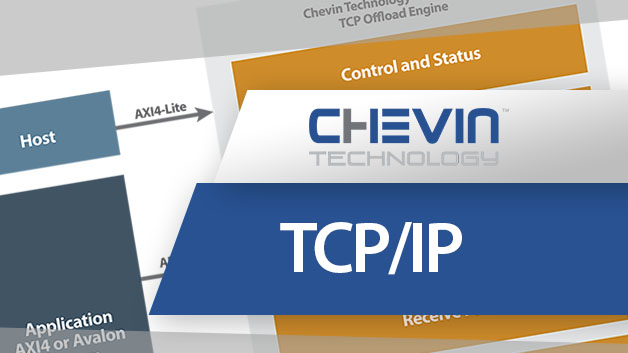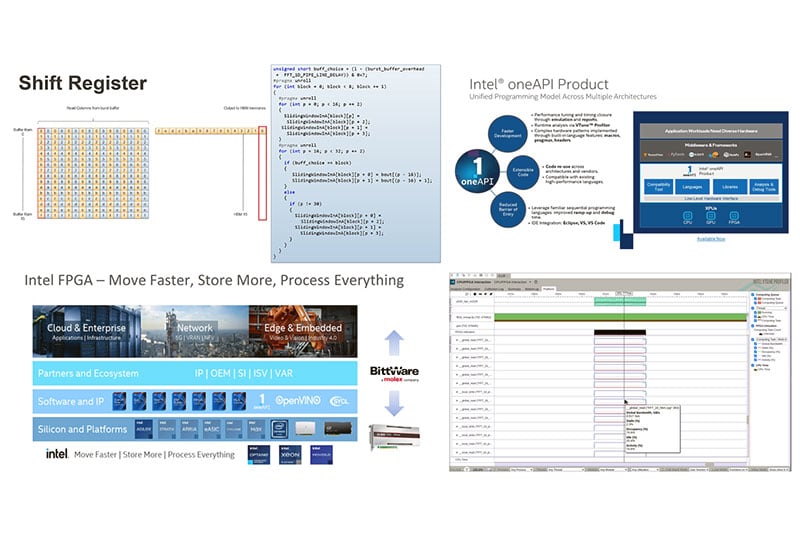
PCIe Data Capture White Paper
We examine our reference design for sustained 100 Gb/s capture to host DDR4 over a PCIe bus. Read the white paper, then request the App Note for even more detail!
Many important networking functions now depend upon FPGA-based hardware acceleration. In general, such functions fall into one of four categories:
Most often in security: Anti-DDoS for example. Also high-frequency trading (HFT/Fintech) where competitive algos change regularly.
ASICs are expensive to justify for modest-volume applications. Early-to-market speeds like 56G PAM4 enabling 400G are first available on FPGAs.
This is seen in real-time packet capture and filtering for Lawful Intercept (LI) and functional testing of high line-rate equipment in excess of 100Gbps.
CPUs struggle handling network tasks like DPI above 10 GbE, creating a need for offload at 40+ GbE rates. Adopting an FPGA-based solution is challenging—which is why we provided reference designs and services to help.
NFV
Monitoring
Custom IP
Security
Fintech
Building a SmartNIC application in an FPGA?
Save time by starting with one of our reference designs and build on BittWare hardware:
These examples are free for customers with qualifying products. Contact us for details.
Click on a design to read details; we also make the detailed App Notes available for free download!
Discuss your network acceleration needs with our technical staff.
"*" indicates required fields

We examine our reference design for sustained 100 Gb/s capture to host DDR4 over a PCIe bus. Read the white paper, then request the App Note for even more detail!

Go Back to IP & Solutions TCP/IP Offload Ethernet IP The TCP/IP (Transmission Control Protocol/ Internet Protocol) is an Ethernet IP core for FPGAs that

BittWare On-Demand Webinar Using Intel® oneAPI™ to Achieve High-Performance Compute Acceleration with FPGAs Join BittWare and Intel as we look at oneAPI™ with a focus

Article Homomorphic Encryption Acceleration FPGA acceleration enables this unique solution that allows compute on encrypted data without decrypting or sharing keys Traditional Encryption Limits Encrypting